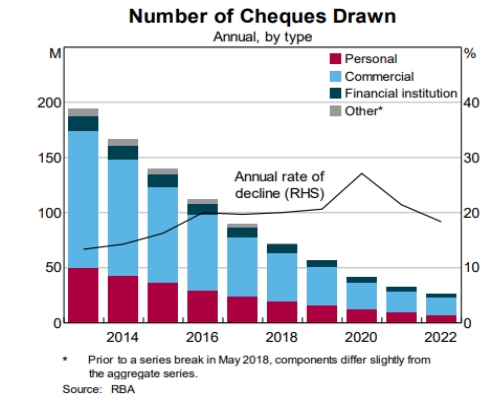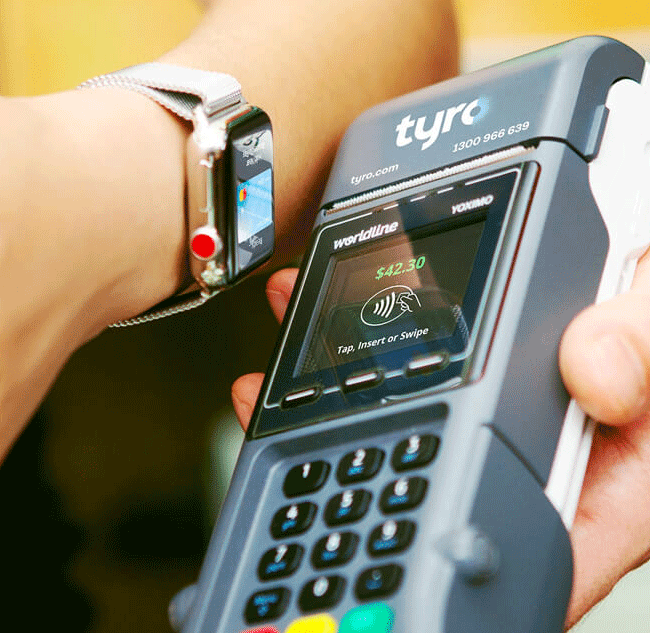They are winding down Australia's cheques

Australia is officially ending the era of cheques, with financial institutions ceasing new cheque issuance in 2028 and stopping acceptance in 2029. Whilst most of us won't shed a tear over this transition, there are two key advantages that I will miss with cheques going away, which had many practical benefits.
The image above is the biggest cheque I've ever got. I took a photo and ran to the bank to cash it in.
Bank cheques ending
Bank cheques have long been the gold standard for many significant transactions, e.g. private sales. A typical scenario was that you found a car you liked on a private sale. On the handover day, you'd present a bank cheque and collect the vehicle. If something went wrong during the final inspection, you'd keep the cheque and walk away. Plus, it was a lot safer to carry a bank cheque than to have possibly tens of thousands of dollars in your pocket. The seller accepted this arrangement because the bank guaranteed the funds. You do not need internet, bank apps, etc.
I also found it helpful. I remember when I bought a diamond ring for my wife. There were some changes required to fit her finger and the settings. So it was handy to have a bank cheque to pay the jeweller.
Payment Flexibility for Trusted Customers
If I had a customer whom I trusted who needed a few days to ensure adequate funds were available in their account, I would release goods against their cheque and present the cheque a few days later.
The Government's Phase-Out of Cheques
Still, financial institutions will cease issuing new cheques by 30 June 2028, and only accept them until 30 September 2029. I am sure for many it will be much quicker, as already cheques are being phased out by the banks, and the closure of bank branches across Australia is compounding these difficulties. Going to a bank to make bank deposits and getting bank cheques written up is for many increasingly inconvenient. The infrastructure supporting cheques is diminishing.
So almost all have already moved away from cheques due to security concerns, processing delays and escalating fees. Some still stick with cheques, not much a retailer can do if they have a customer who wants this payment method.
The POS System Solution
I can't stress enough how much modern POS systems streamline payment processing, regardless of how your customers prefer to pay. Having worked with countless retailers through payment system transitions, I've seen the transformational impact of implementing robust POS solutions that centralise everything from EFTPOS and contactless payments to BPAY, online ordering, and direct bank transfers. It maintains many of the transaction records that eliminate much of the stress associated with financial reconciliations. Cheques always require some manual work.
As Australia moves toward a cheque-free economy, the elimination of cheques provides an excellent reason for reviewing your payment ecosystems.
Written by:

Bernard Zimmermann is the founding director of POS Solutions, a leading point-of-sale system company with 45 years of industry experience, now retired and seeking new opportunities. He consults with various organisations, from small businesses to large retailers and government institutions. Bernard is passionate about helping companies optimise their operations through innovative POS technology and enabling seamless customer experiences through effective software solutions.




